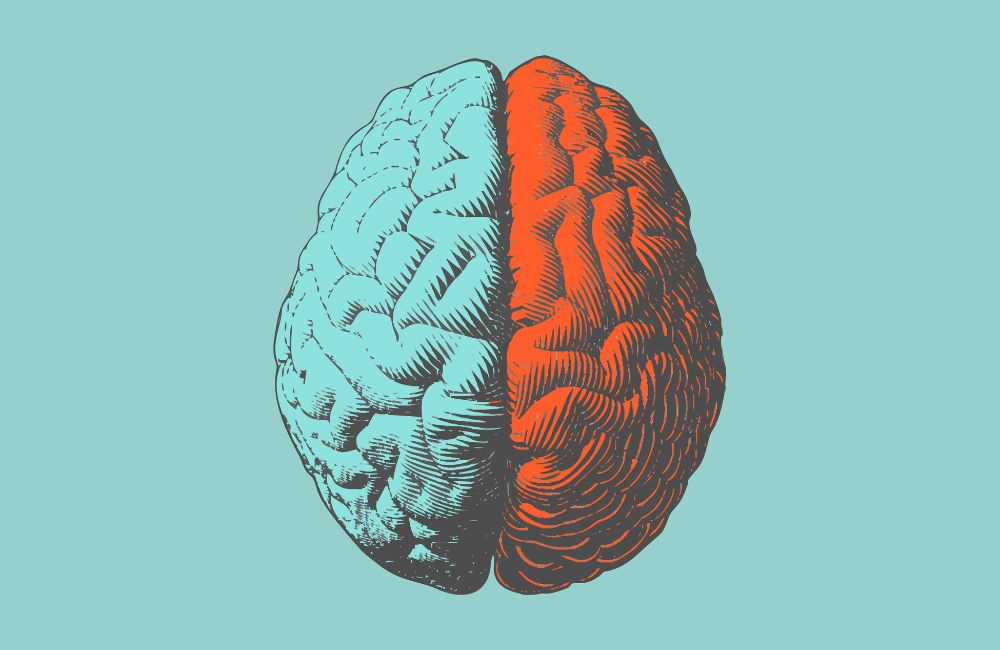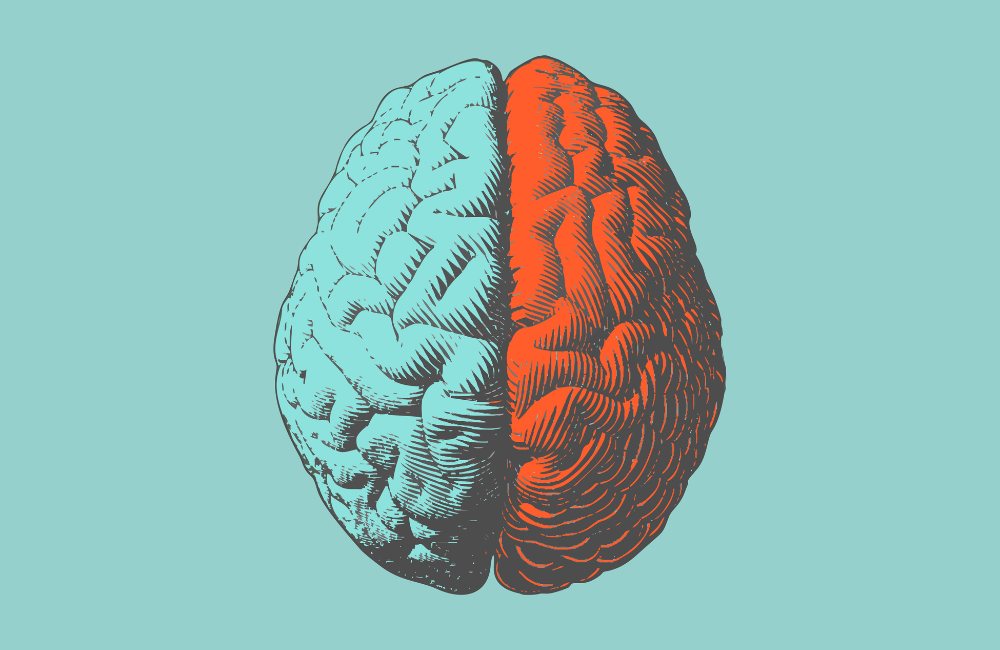
Aging well and gracefully is all possible if you add these 3 simple, but highly effective science-backed brain exercises.
All of us want to take steps to keep our brains as healthy as possible. In fact, one of the major fears reported by most people is that they will develop a brain problem, such as Alzheimer’s disease or a movement disorder.
As a result, in the past few decades, tons of research has been poured into methods for improving brain health.
Interestingly, a study by Li and Spitzer from 2020 points to the benefits of sustained running for brain function.
Beyond exercise, there are a number of other steps you can take to improve your brain function. In this article, we’ll review the top 3 tips for training your brain.
You may also like:
Want to Age Well? Bulletproof Your Back and Spine With These Exercises
The 5 Most Important Exercises You Could Ever Do, According to Harvard Scientists
Perform Regular Exercise

In the study by Li and Spitzer, they examined the brains of mice that exercised on a treadmill for prolonged periods.
This research demonstrated that the mice had detectable changes in certain areas of their brain. These specific brain locations are often associated with movement disorders when they are not functioning optimally.
Therefore, further research can build upon this study to determine if sustained running (or cardio exercise in general) can decrease the severity of movement disorders and brain problems in humans.
Furthermore, we’ve known for a long time that exercise is beneficial for the brain. Weight lifting, yoga, running, and other forms of exercise are strongly associated with improved cognitive function.
The best available guidelines, as far as exercise minimums for good health are concerned, can be summarized as follows.
- 150 minutes of moderate-intensity cardio exercise each week.
- 2-3 days of total body resistance training each week.
- 2 or more days of total body flexibility training each week.
As you can see, it really doesn’t take much exercise to be healthy. So, lace up your shoes and get out there as soon as you’re done reading this article!
Limit Nutrient-Deficient Foods
Diet is a controversial subject, to be sure. Whether or not there is an “ideal” diet for humans has been debated for a very long time.
One thing that seems to be widely accepted, however, is that we should strive to limit nutrient-deficient foods. This includes candy, cookies, and similar items.
Instead, we should aim to keep our intake of nutrient-dense foods as high as possible. Generally, this includes whole foods such as meats, vegetables, fruits, nuts, and seeds.
These foods provide our bodies, and our brains, with all of the tools we need to thrive.
Practice Mindfulness or Meditation
Besides the exercise we perform and the foods we eat, meditation is one of the best ways to boost brain function.
By simply practicing meditation/mindfulness for a few minutes a day, we can vastly increase our brain health.
If you’re new to meditation, don’t overcomplicate things! All you need to do to start is simply sit, without distractions, and focus on your breathing.
Try this for ten minutes a day, for two weeks, and see how you feel.
The reason why this strategy improves brain health is, at this time, unclear.
However, people have been meditating for centuries. This practice led to calmer states of mind and better cognitive performance in many of our ancestors. So, maybe it can work for us as well!
The Bottom Line On Brain Exercises
With all of our advanced understanding of science, the brain still remains somewhat of a mystery to us. However, we have found some compelling evidence that we can take steps to improve the health of this wondrous organ.
If you’re looking for ways to increase your brain health and function, try the tips listed above!


